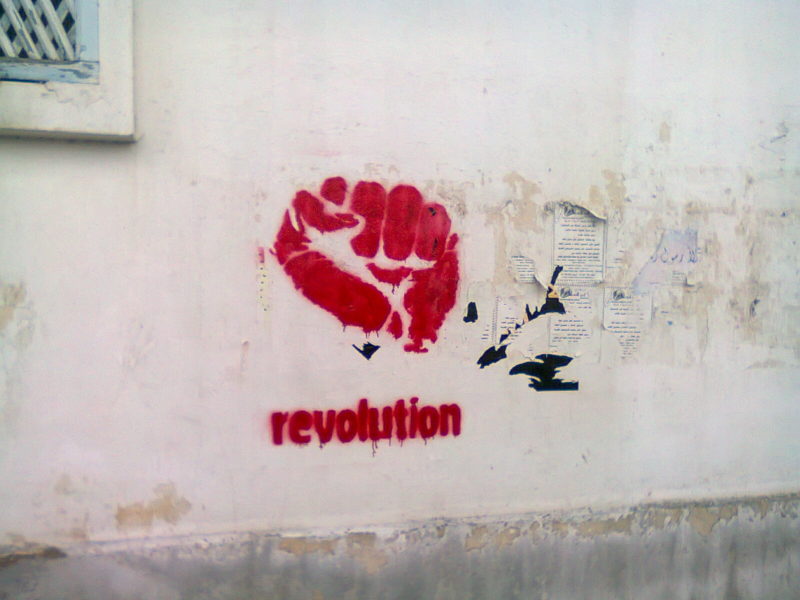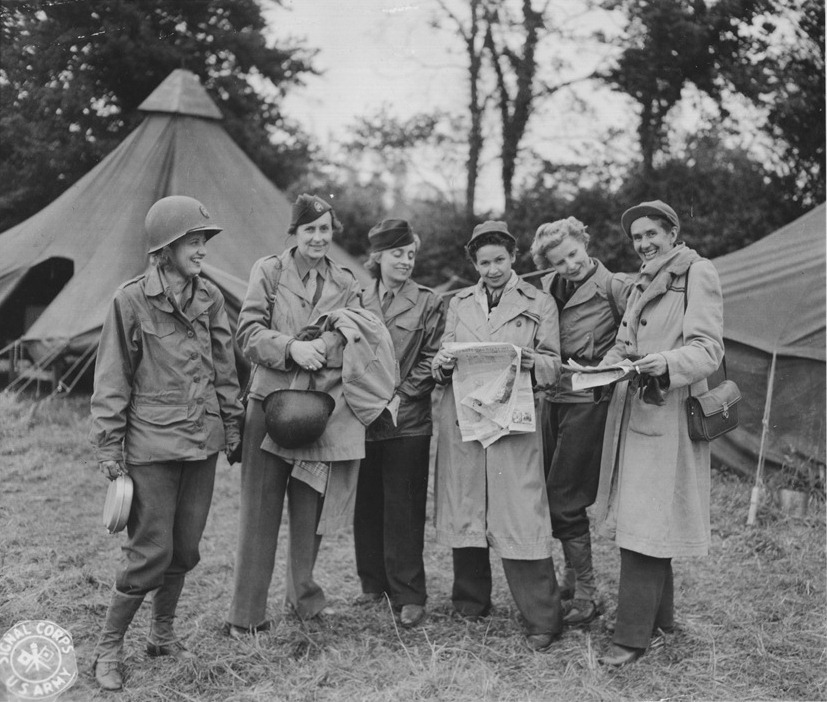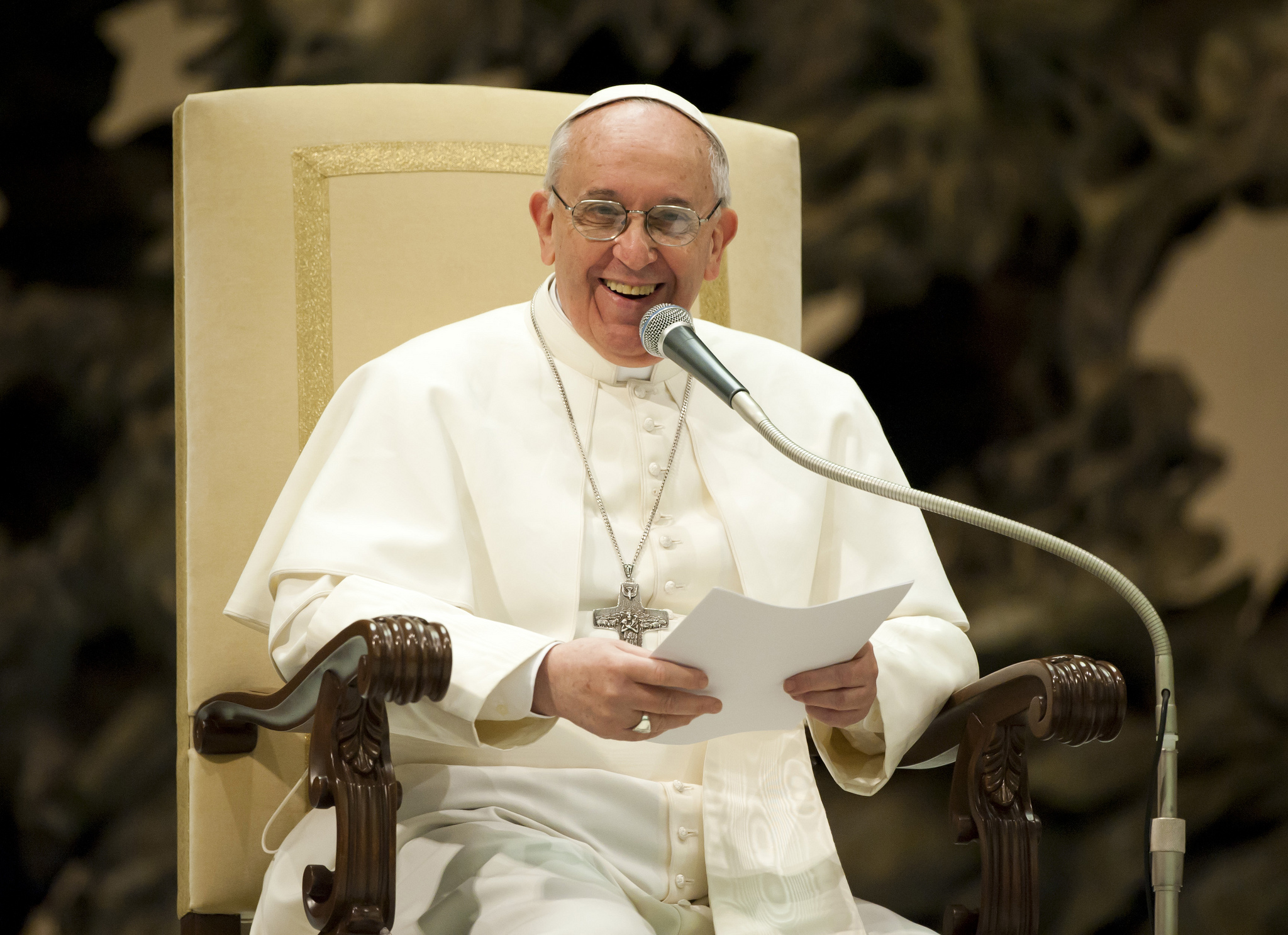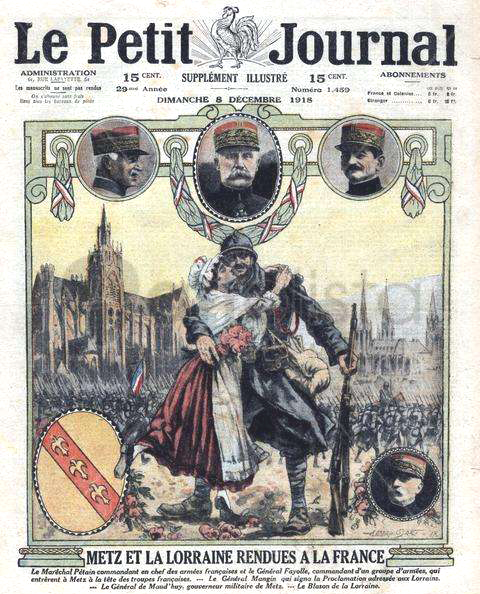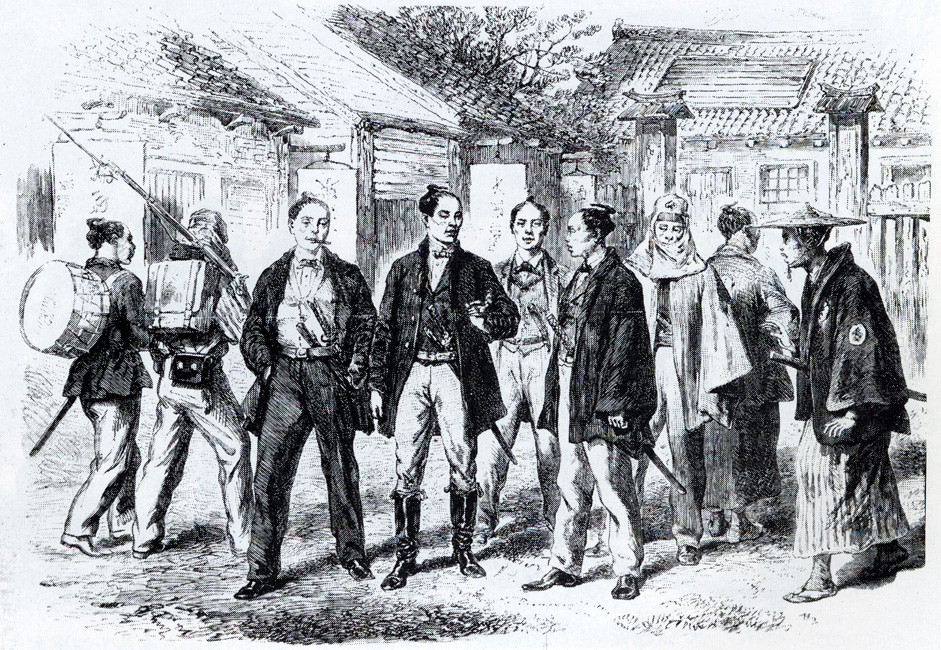Guest post by Mustafa Kirişçi and Ibrahim Kocaman
George Floyd suffered the humiliation of dying when a police officer put his knee on his neck. The event triggered nationwide protests in the US. Although police brutality against African Americans is a routine phenomenon—in 2020 alone, at least 129 African Americans have been killed by the police—the scale of the protests hasn’t been seen since the 1960s. Why did this particular incident become the catalyst for a major upheaval? Because it combined the underlying issues of discrimination and police violence with humiliation, insulting the dignity of all Americans.
Mohamed Bouazizi was a street vendor in Tunisia who set himself on fire as a response to the confiscation of his wares and humiliation inflicted on him by a municipal official. Bouazizi’s humiliation became a catalyst for revolutionary protests in Tunisia, as well as the wider Arab Spring movement in the Middle East and North Africa (MENA). Citizens of MENA countries had long struggled with poor economic conditions and repressive authoritarian governments. But the Arab Spring movement did not ignite until Bouazizi set himself on fire.
Although scholarly research provides explanations for the causes of civil conflict, the role of incidents that trigger a nationwide upheaval, such as the death of George Floyd and self-immolation of Mohamed Bouazizi, has, surprisingly, not been sufficiently examined by scholars. Scholars tend to identify deprivation—poverty, inequality, low socioeconomic status—as the main cause of domestic conflict, but deprivation does not necessarily translate into suffering that calls for action and induces societal mobilization.
What transforms deprivation into unbearable suffering, and prompts people to retaliate with protest or even violence is humiliation. Acts of humiliation convince people that punishing the humiliator is a just duty along the lines of jus ad bellum. In other words, humiliation by the perpetrator legitimizes retaliation from those who feel humiliated.
Humiliation can trigger, not only nonviolent protests—it can also lead to acts that turn protests into riots or even violent insurgency. Take the case of Turkey. In 2013, Turkish Prime Minister Tayyip Erdogan insulted protesters at Gezi Park by describing them as just “a few looters.” This infuriated protesters and induced some to damage buildings, cars, ambulances, and buses across the country.
Beyond abuse and derogatory language, the assassination of leaders can result in collective humiliation, leading to retaliation and revenge. The Houthis in Yemen initiated a low-level insurgency after their leader, Hussein Badreddin al-Houthi, was killed by the government forces in a crackdown on Houthi protesters. That low-level insurgency later turned into an armed rebellion in 2011, which eventually morphed into a bloody civil war. In another example, the assassination of opposition leader Benazir Bhutto in 2008, two weeks before an election in which she was leading in the polls, led to street violence and riots in Pakistan.
Even severe repression and deprivation doesn’t always lead to unrest when the humiliation factor is absent. Take the cases of Venezuela and Egypt. In Venezuela, Maduro uses fear and punishment (in the form of excessive use of force, arbitrary detentions, and extrajudicial killings) as a strategy to suppress demands for change. As reported by Amnesty International, Maduro’s strategy deliberately attacks the most impoverished people—but it doesn’t lead to violent rebellion. Similarly, the Egyptian government has systematically repressed all forms of dissent by “detention and prosecution of peaceful critics” and a “near-absolute ban on freedom of assembly,” according to Human Rights Watch’s World Report 2020. President Sisi’s systematic use of repression includes forced disappearances, torture, and political imprisonment of tens of thousands of dissenters. However, such repulsive government strategies have not resulted in a rebellion. What is lacking in these cases is humiliation of the dissenters. Although very repressive, both the Venezuelan and Egyptian governments have been careful either to not humiliate dissenters or to keep such humiliation away from the public eye.
Humiliation doesn’t always result in retaliation against the government. It would be unlikely, for example, for dissidents in China or North Korea to mobilize anti-regime protests or rebellion, even in circumstances of repression, deprivation, and humiliation. China and North Korea’s highly authoritarian systems do not offer any room for mobilization. But whenever the system offers even a little room for mobilization, feelings of humiliation accelerate societal mobilization against the government. Economic liberalization in the 1980s in China led to the opening-up of the system to the degree that students called for greater freedom, democracy, and accountability. When the pro-reform Communist General Secretary, Hu Yaobang, was forced to resign and later suspiciously died of a sudden heart attack, the resentment of Chinese students provided the impetus for the student protests that eventually led to the well-known Tiananmen Square protests in 1989 that called for democracy in China.
Humiliation is a strong force that can induce social mobilization against governments by transforming deprivation into retaliatory action, and understanding the role of humiliation in inciting rebellion provides a nuanced view on the repression-rebellion nexus.
Mustafa Kirisci is a Research Analyst at Pennsylvania Partnership for Children. Ibrahim Kocaman is a PhD candidate at the University of North Texas.

